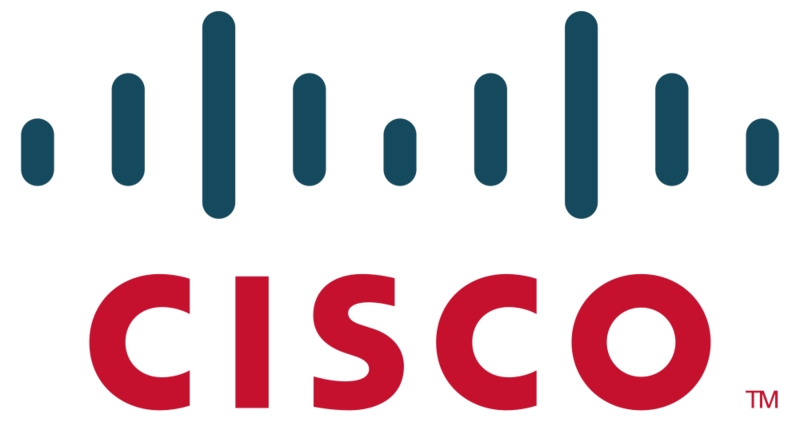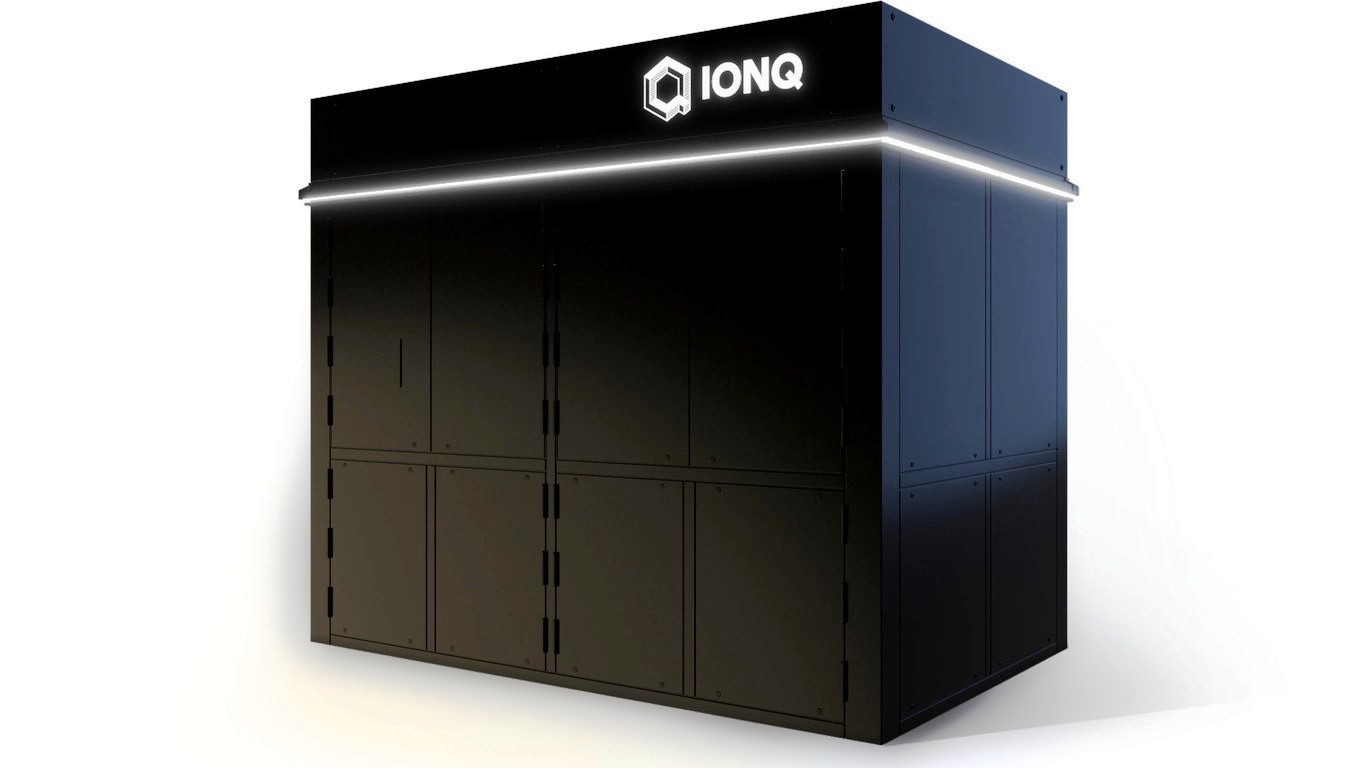
Cisco faces demands from its customers for lower-cost systems that can be more flexibly integrated with hardware from a variety of suppliers. This issue is not new to the computer hardware business, and it’s certainly not new to Cisco. The way the company — and other hardware makers — try to dodge this bullet is by making claims that their proprietary systems are somehow better. This works for a while, but not forever.
The latest development in network systems is software-defined networking (SDN), a two-part system that separates network control from the networking hardware that does the heavy-lifting. Using open programming interfaces to write the control code makes the machines cheaper both to purchase and to operate.
Cisco calls its SDN approach an “application-centric infrastructure,” which means whatever Cisco says it means. The company’s CEO, John Chambers, said that its version of SDN has been well-received and that anyone who believes that SDN will drive down margins is “just wrong.”
On the company’s conference call last night Chambers also said, “We will lead with this [SDN] implementation and it will let us get higher gross margins.” Cisco must win this battle for better margins, but the odds are against it. In tech hardware, cheaper inevitably wins unless style counts, and then Apple Inc. (NASDAQ: AAPL) invariably wins. But Cisco is not Apple and style points don’t add any value to hardware that’s stuffed into computer rooms and that few people ever see.
Cisco’s shares were trading down about 0.6% Thursday morning at $25.05, about half an hour before trading officially begins. The stock’s 52-week range is $20.22 to $26.08.
ALSO READ: Deutsche Bank’s Top Technology Stocks to Own for the Rest of 2014
Thank you for reading! Have some feedback for us?
Contact the 24/7 Wall St. editorial team.





